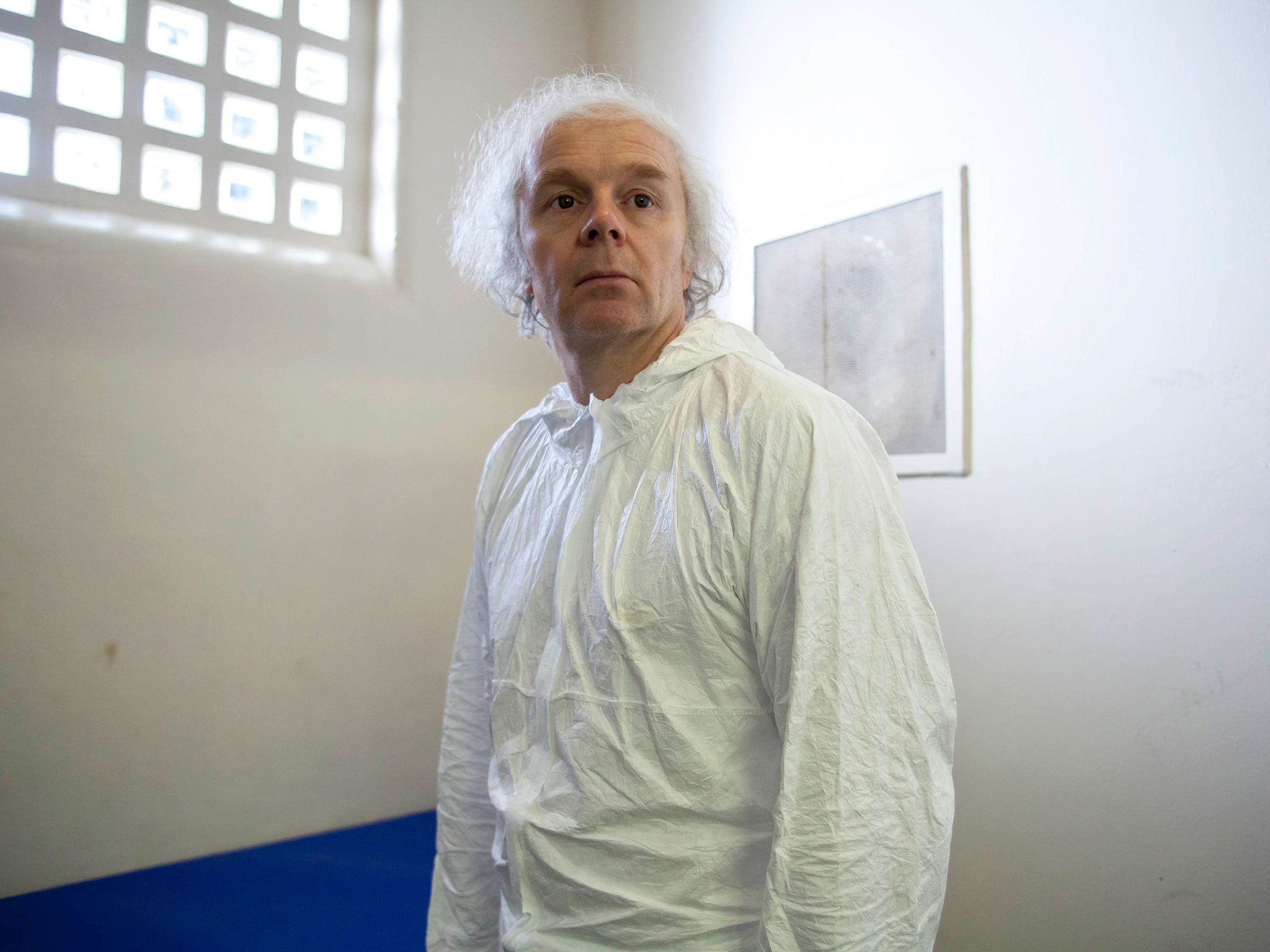Docudramas walk a fine line between truth and entertainment
Playwrights and screenplay writers can help to bring history into focus

Some commentators called it a “celebration of eccentricity”, but I think this year’s Bafta TV awards celebrated the power of reality.
Jason Watkins won best actor for his role in ITV’s The Lost Honour of Christopher Jefferies, playing the real-life Bristol school teacher who was wronged and publicly vilified after the murder of Joanna Yeates (beating Benedict Cumberbatch’s portrayal of the – wholly fictional – Sherlock Holmes). Meanwhile, best actress went to Georgina Campbell for her role as Ashley in Murdered by My Boyfriend, also based on a true story. “It was about a real girl and I want to say thank you to Ashley’s very real family and friends who are brilliant and very brave people,” said Campbell afterwards. Meanwhile, the BBC drama about inspirational Stoke City kit man Neil Baldwin, Marvellous, won two awards. Not only is Baldwin a real person, but he was present at the event and gave a speech.
Indeed, so inspired has ITV been by the critical and ratings success of The Lost Honour and other docudramas recently produced, that last week, it announced it was going to put fresh money behind a whole bunch of new ones. ITN, its news producing arm, has stated that stories “ripped from the news” and dramatised are what the viewing public relish. John Hardie, ITN’s chief executive, said: “Clearly there is an appetite out there for high-quality drama based on real events and real people. We think there is an opportunity to bring the authenticity of ITN’s standards of journalism to drama, so watch this space.”
In many ways, he is bang on the money. Journalism, no matter how gripping, sometimes makes more sense when the issues it is focusing on are turned into a drama. For many of us, the tragedy of Hillsborough was only properly served when the 1989 TV drama Hillsborough was screened. In particular, Christopher Eccleston’s magnificent portrayal of Trevor Hicks, the man who lost both of his daughters in the stadium, delivered up the full horror of the event. The scene in which Mrs Hicks refuses to wash her daughters’ bedsheets because she believes they still might contain the girls’ lingering fragrance, is for me the defining example of docudrama imagining the unimaginable.
It’s not just about emotion, either. Difficult and complicated stories can and are effectively and cleanly told thanks to the alchemy of drama, as Peter Morgan’s work (The Queen, The Audience, Frost/Nixon) has so triumphantly displayed. Elsewhere, Jonathan Maitland’s provocative and gripping Dead Sheep, which last month examined Margaret Thatcher’s demise at the hands of Geoffrey Howe, is the latest piece of theatre to forensically pick apart a particular moment in politics.
James Graham’s This House, dealing with the turbulent British political scene of the mid-1970s, and Michael Frayn’s Democracy, which looked at the thwarted world of German chancellor Willy Brand, both did much the same thing. Yes, the events are all in the history books, but a clever playwright can bring history into focus, making it become both more monumental and more personal, rendering it an importance and relevance that it might not otherwise achieve.
Yet life is not always stranger than fiction. Sometimes fiction is actually rather worth having, and it would be a pity if every playwright or screenplay writer yearned after the words “based on a true story” before the credits roll. They may well get Oscar acknowledgments, but it is important to remember that the high-octane lives led by people such as Stephen Hawking (The History of Everything) or Alan Turing (The Imitation Game) are pretty rare beasts.
Most of us lead quite pleasant, but fundamentally undramatic lives. They may have gripping moments within them, but the ability of a life to deliver a satisfying dramatic arc is far from certain, regardless of the modern desire to hype our existence up the whole time, courtesy of bulletins on social media and the increasingly annoying “selfie”, which attempt to bring drama into the dull business of the everyday.
Equally, it is probably instructive to remember that dramatic license is just that, and that if you are going to see a play by David Hare or Peter Morgan which depicts Tony Blair (for example) speaking, his words may or may not have been invented. If the drama, or feature film identifies itself as such, then so be it. But if what you are dealing with is a dramatised documentary based on a series of investigations, or a journalistic enterprise, then you are in a completely different zone, and your right to invent dialogue and action will be challenged.
Docudrama must have an obligation to follow what was actually said with fairness and accuracy. An understandable desire for a glorious narrative curve can sometimes get in the way of the facts, and this is where productions purporting to be a dramatic version of reality can sometimes come unstuck. Clearly working with the people who directly experienced the events, as did the team behind The Lost Honour of Christopher Jefferies, is a critical factor and ought to be observed in every such production. If such proximity cannot be achieved, it is probably best to go back to the world of the factual documentary. The ratings for docudramas might be tempting, but television directors have a responsibility at all times to truthfully render the subject on which their dramatic lens is focused.
Twitter: @Rosiemillard
Join our commenting forum
Join thought-provoking conversations, follow other Independent readers and see their replies
0Comments